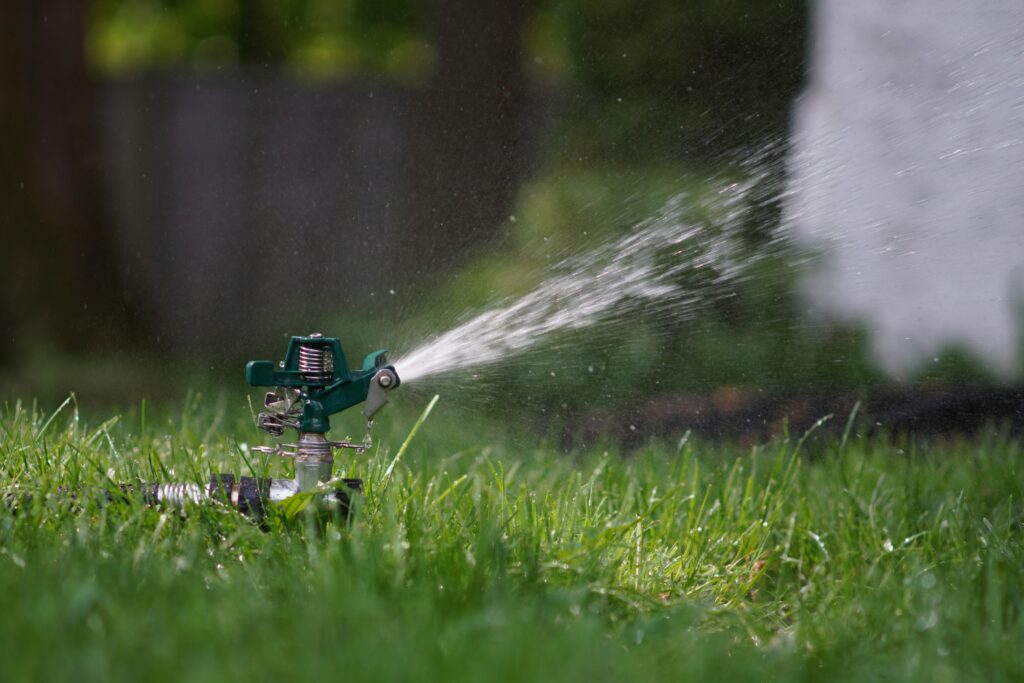Follow
Wellness & Co.
Hi, I'm Dr. K, Wellness & Co. is a growing therapy/coaching practice and educational hub for prospective clients based in Maryland and virtual clients all over the world!
Hi, I'm Dr. K
free guide
e -books
e -course
“Am I Being Selfish?”: A Blog on Boundaries
March 19, 2024
By Ana Rogers, LGPC, NCC
READING TIME: 5 minutes

Hi again, friends!
If you’ve ever been in session with me, you’ve probably heard me say something along the lines of, “What would it feel like to set a boundary here?” or “What do boundaries look like for you in this situation?”. One thing I’ve learned from my time with clients is that boundary work is almost always relevant regardless of background and presenting challenges, and I just so happen to love supporting in this realm!
Protecting our peace and well-being is vital to living life in ways that feel comfortable and fulfilling, and not to mention, giving our minds and bodies space to heal and recharge. Boundaries are one tool to help us accomplish these things.
My questions in session usually lead to a discussion surrounding what boundaries are, why they’re important, and why setting them sometimes feels just so darn icky and unbelievably hard for many of us (myself included – hello fellow people pleasers)! Some of us even experience intense guilt or anxiety with prioritizing ourselves and our needs; this is especially true if we’ve been taught that doing so is selfish, wrong, and if we grew up in and/or continue to live in codependent and enmeshed interpersonal dynamics.
Those in our lives who have made us feel selfish and wrong for taking care of ourselves are often the relationships that benefit most from firm boundaries…just sayin’.
So, first thing’s first, boundary setting is NOT selfish.
Boundary setting is self-compassion.
Boundaries say, “your needs matter, and so do mine.”
Boundaries promote sustainable, healthy relationships and connections with those we love.

Imagine a relationship in which you’re constantly depleting yourself of resources (e.g., time; mental, physical, and emotional energy; finances); meanwhile, your own needs and resources are barely met and never ‘refilled.’ What does that relationship look like ten years from now? Does it even still exist, and if so, how do you imagine you’re feeling? Or have you (or the other person) run for the hills seeking rest and relief? I used the word “sustainable” above, intentionally.
So, what’s a boundary, anyway?
I like to think of them as being similar to property lines around a house. With “property boundaries,” you know where your lines are, where they end, and where your neighbors’ (i.e., your loved ones) “property” begins. Viewing boundaries this way can help us tune into what feels good for us to take care of, what is our responsibility to take care of, and what our “neighbors” are responsible for. It also helps us notice where we might be overextending ourselves or overfunctioning for others. Are your sprinklers always set to a position that waters your neighbors’ lawn instead of yours?

Essentially, a boundary defines our sense of self alongside what we are comfortable (and not comfortable) engaging with or doing. Within ourselves, our “property” is our physical body, our emotional experience, our desires, our thoughts…everything that makes you uniquely and wonderfully you!
In situations where boundaries are established with the intent to protect ourselves from others’ harmful behavior, I move away from property line imagery and picture those salt circles in quite literally any movie in existence with witchy, magical plots. Think Allison’s salt circle at the end of Disney’s Hocus Pocus. With the metaphorical salt circle in mind, boundaries in this case are serving more explicitly as self-protection, keeping you safe regardless of what (or who) is attempting to bypass your “circle.”
- What boundaries are: centered on your personal needs, thoughts, and behaviors; protective of your energy and resources; invites others to love you in the ways you desire and need.
- What boundaries are not: centered around others’ thoughts, actions, and behaviors; attempts to change others’ behaviors; walls intended to punish or keep people disconnected from you (though, deciding to go no contact is sometimes an outcome of loved ones repeatedly disrespecting boundaries, and this is okay); a one-size-fits-all approach (boundaries look different for everyone)!
To more directly address a common misperception noted in the ‘nots’ list, boundaries are enforceable by you and govern your own behavior, not other people’s. For example, “You can’t say this” is not a boundary. However, “If you continue speaking to me this way, I will leave the room” is absolutely a boundary, because it is an action within your control that you can take to protect your well-being.
Also, let this be a gentle reminder that “no” and “please stop” are complete sentences and boundaries in themselves. People who genuinely respect your boundaries will often not require you to enforce a consequence, like leaving a room.
Here are some tips that might help empower and prepare you to start setting boundaries:
- Give yourself permission, time, and space to process a request you might have immediately said “yes” to in the past. Rather than the automatic “yes” that might lead to you feeling regret or emotional/physical depletion, let the other person know you’ll get back to them soon. Take a breather, and check in with yourself about whether this is something you genuinely want to say yes to. How does their request make you feel, physically and emotionally?
- Lean into supportive relationships in which you feel safe, valued, and heard. Ask for encouragement and support with setting boundaries from those who are in your corner. This can even look like embracing support and encouragement within the therapeutic relationship! Us therapists and coaches are 110% here for that. Please be in touch with myself and the awesome Wellness & Co. team here if one-on-one support might be helpful!
Expect pushback!
You setting boundaries will probably feel just as foreign and uncomfortable to your loved ones as it might for you. Experiencing pushback is common and to be expected. Remember that others benefit from your lack of boundaries, even if it’s them simply being accustomed to you always being around and available. Pushback (and the experienced anxiety and guilt that often walk hand-in-hand) does NOT make what you’re doing for the sake of your own well-being selfish. It just means others are uncomfortable. It doesn’t mean you have to compromise your needs to make them comfortable. Keep going.
And honestly, (hear me out, okay?) if prioritizing your needs and practicing radical self-compassion makes you “selfish” in the eyes of others, then so be it.
Let’s face it: this is hard and uncomfortable work. I challenge you to move forward and choose you anyway, even if it feels like crawling inch by inch through the mud some days (or laying face down in the mud some days, if we’re realistic).
Your time, energy, autonomy, needs, values, self-worth, and peace of mind matter.
You matter.
Let’s chat again soon,
Ana
Ana’s passion is providing a therapy space where you feel heard, seen, and valued. Whether you’re a couple looking to rebuild connection, a family seeking support in navigating life’s complexities together, or an individual wanting to heal and grow, she is here to walk alongside you!
Leave a Reply Cancel reply
CONTACT
Start Here
BLOG
OUR TEAM
SHOP
ABOUT
©2025 Wellness & Co. | All Rights Reserved | Design by EverMint Design Studio
BACK TO TOP
connect with us on instagram
